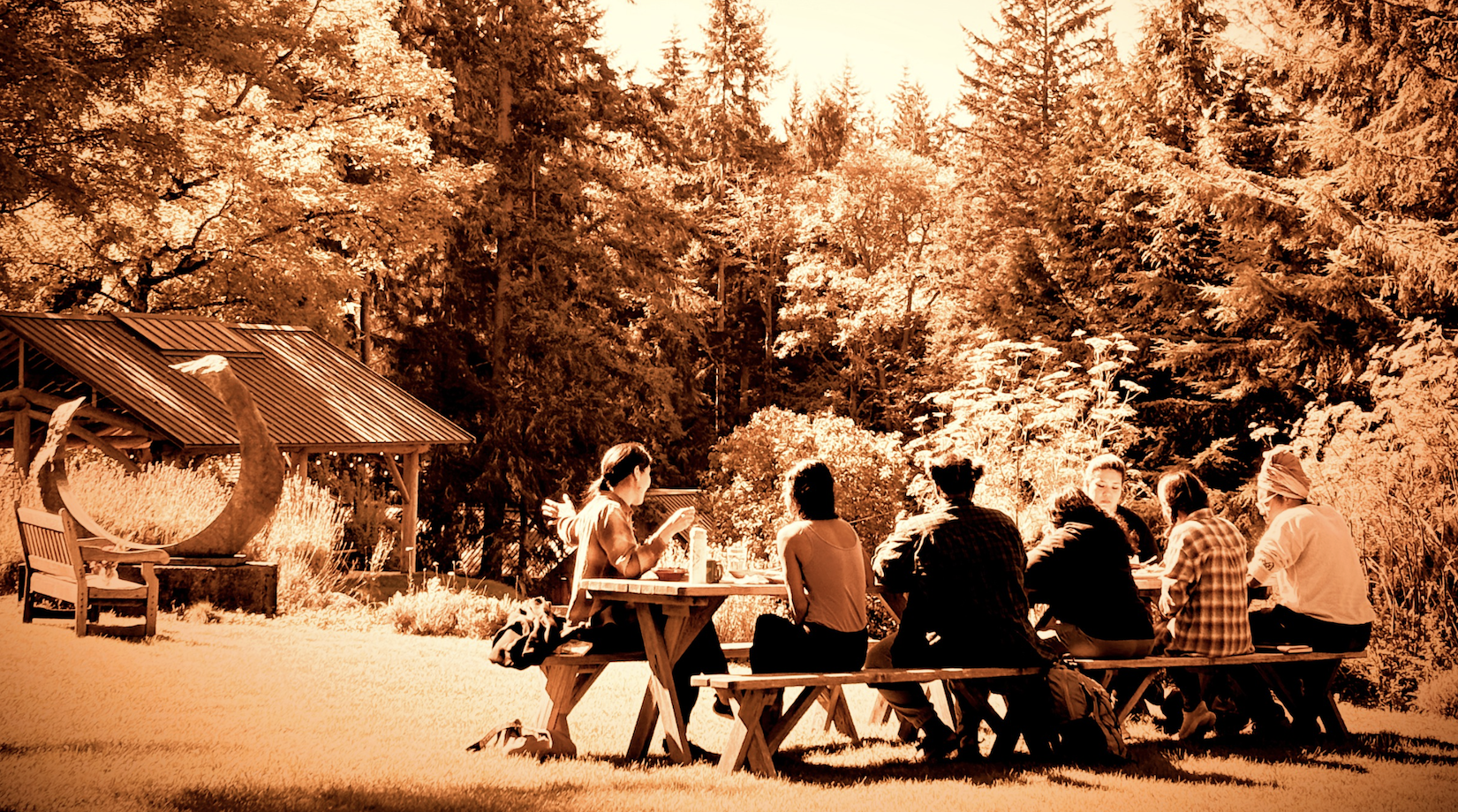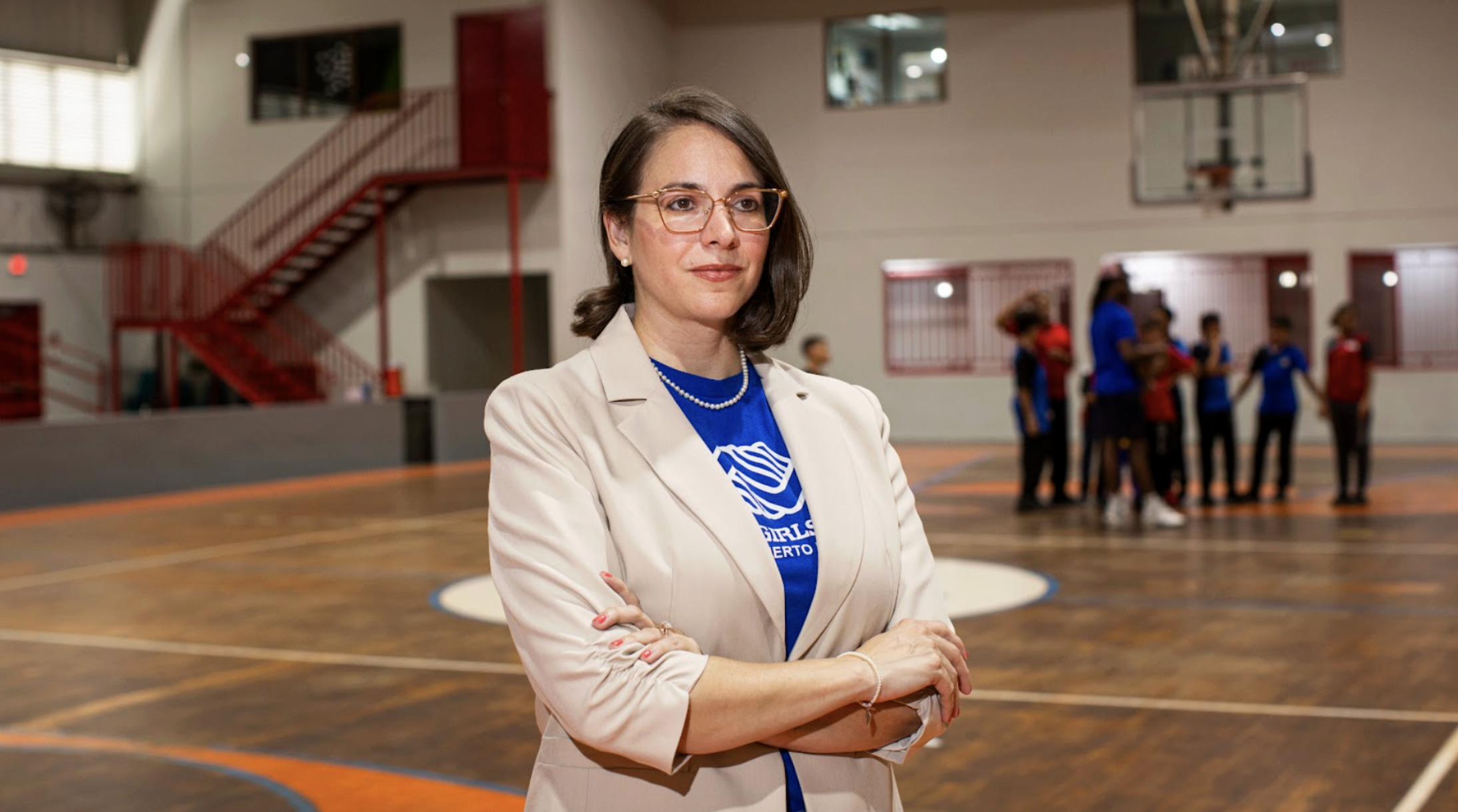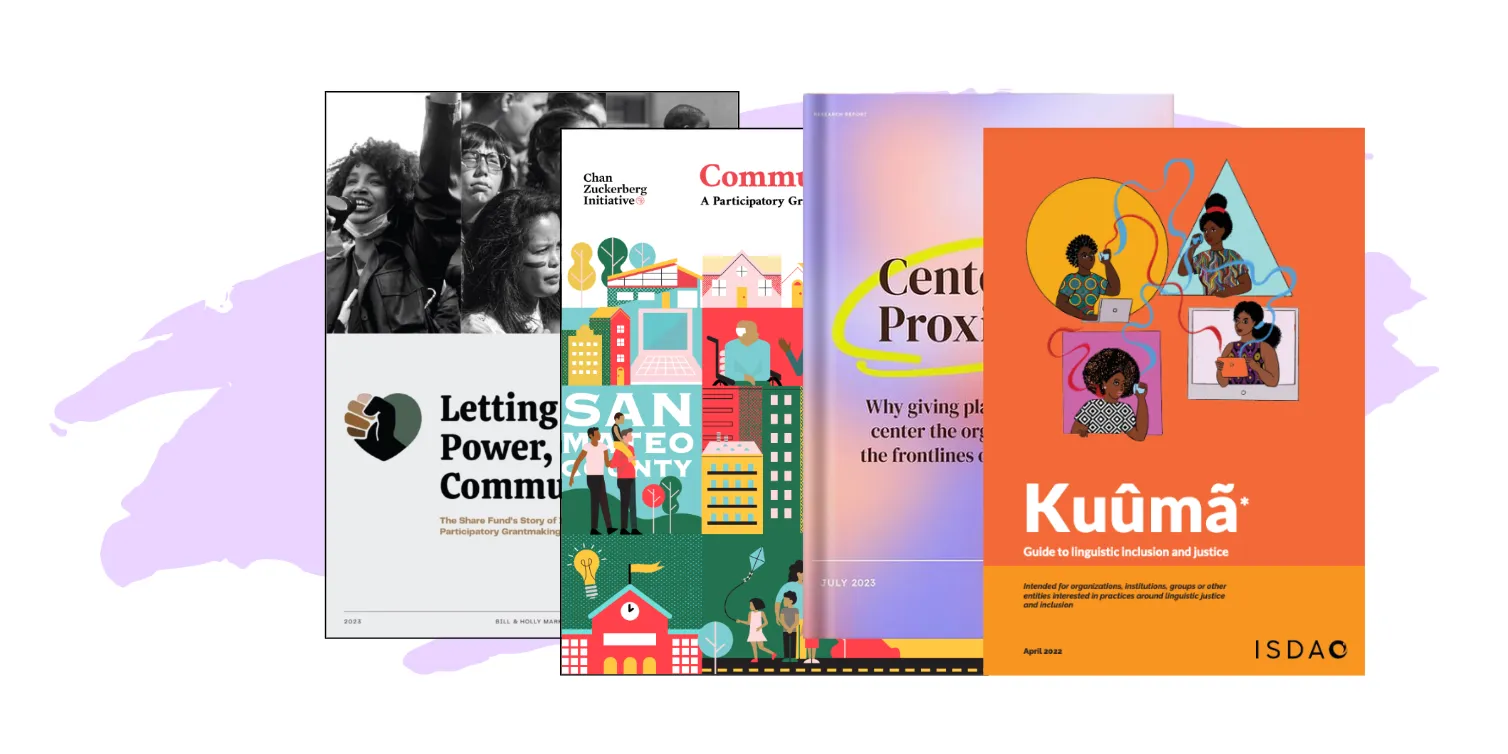When we published our book Letting Go in 2021, we always wanted it to be the beginning of a conversation.
The book's premise was simple: philanthropy and development are missing the mark. Those in power need to "let go" of control – to cede decision-making power to people with lived experience, closer to the problems on the ground.
But as we've shifted mediums from book to magazine, we've had countless additional conversations, and heard perspectives that we missed the first time around, including many voices from the Global South.
We've caught our own blind spots (we have many!) – and recognized that the framing of our book represents just one part of a bigger conversation.
A Double Issue
This is the third edition of Grassroots Grantmaking, our project Proximate to cover the movement to shift power in philanthropy. For this edition, we decided to a double issue.
In the first section, Letting Go, we'll center the growing number of donors who are choosing to "let go" of power in their day-to-day work. This theme is more important than ever, especially as conversations about participatory and trust-based philanthropy further enter the mainstream.
Still, it's only part of the story. At best, the phrase "letting go" keeps the already-powerful at the center of the solution. At worst, it perpetuates a savior mentality, and reinforces long-standing divisions of "us vs. them". We believe our readers deserve a fuller picture.
So in the second section, Claiming Control, we're trying something different. We feature stories of grassroots leaders and changemakers who are building the infrastructure for proximate leadership in their own communities – with or without support (or permission) from outside donors.
From Letting Go to Claiming Control
The theme of Claiming Control is reflected in one of our feature stories – Is This Community Philanthropy’s Moment?
Ledys Sanjuan Mejía traveled to Bogotá in December, along with 700 other people, for the Shift The Power Summit. In her article, she writes how conference organizers chose to focus not on large donors making big financial commitments, but rather on small, community-led foundations in the Global South.
These "proximate funds" have been working for years to build capacity for local leadership and mutual aid. They leverage local assets to solve local problems, often outside the constraints of traditional philanthropy or development.
We've heard these themes already in Proximate's past coverage. In our article on Rawa Fund in Palestine, Soheir Asaad told us:
Our work at Rawa is to manifest that there is another way possible – that we have the power and resources already in our community... We want to start the conversation not with “How much money do we need from funders?”, but rather, “What is our agenda, how do we want to pursue it, and what kind of resources and knowledge do we already have in our community?”
In our coverage of grassroots leadership during the war in Ukraine, Eshban Kwesiga shared that in humanitarian crises across the world:
Local communities are always the first responders... It's critical to acknowledge the contribution of local resources, networks and insights in how to respond to crises – and be keen to identify and support what already exists."
We've also been deeply informed by the Global Fund for Community Foundation's definition of community philanthropy. They make the case in clear terms that "all communities have assets (money, skills, knowledge, networks)” – and that when those assets are recognized, legitimized, and pooled together, they are a powerful force.
Two Sides of the Coin
In the first half of the issue, Letting Go, we continue to build on the themes of our book. We're featuring a rebuttal to emerging conservative critiques of trust-based philanthropy, and a feature on how Millennial and Gen Z donors are leaning into participatory philanthropy.
On the policy front, we're featuring an interview with a Canadian foundation leader who helped push Canada's government to increase the philanthropic disbursement quota. Also check out our interview with the Decolonizing Wealth Project, which continues to innovate around donor advocacy and education.
The second half of the issue will center around the theme of Claiming Control. Our feature story is a recap of December's Shift The Power Summit and what it means for the community philanthropy movement. We've paired that with Q&A's with BuildPalestine and the Youth Climate Justice Fund, which are both creating the conditions for grassroots leaders to invest in, and empower, each other.
Finally, we're excited to launch a new column, by Isabelle Clérié, titled Repairing Development. Isabelle will explore models of community philanthropy and asset-based community development, and try to demystify some of the nuances of localization work.
We're always learning, and looking to evolve our thinking. Thanks for joining us on this journey, and please reach out to share what you've been learning as well.










.webp)

.webp)
%20(1280%20x%20720%20px)%20(41)%202.webp)
%20(1280%20x%20720%20px)%20(38).webp)
%20(1280%20x%20720%20px)%20(31).png)


%20(1280%20x%20720%20px).webp)











.webp)





.webp)
.gif)

.webp)


.gif)













